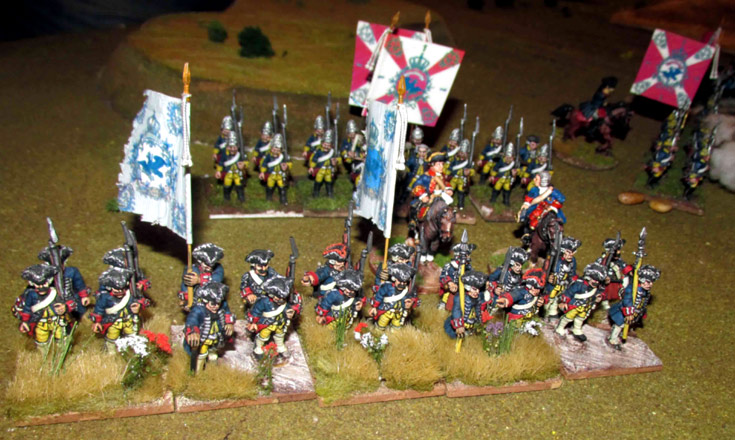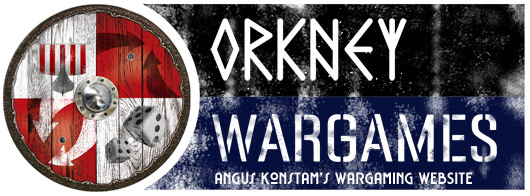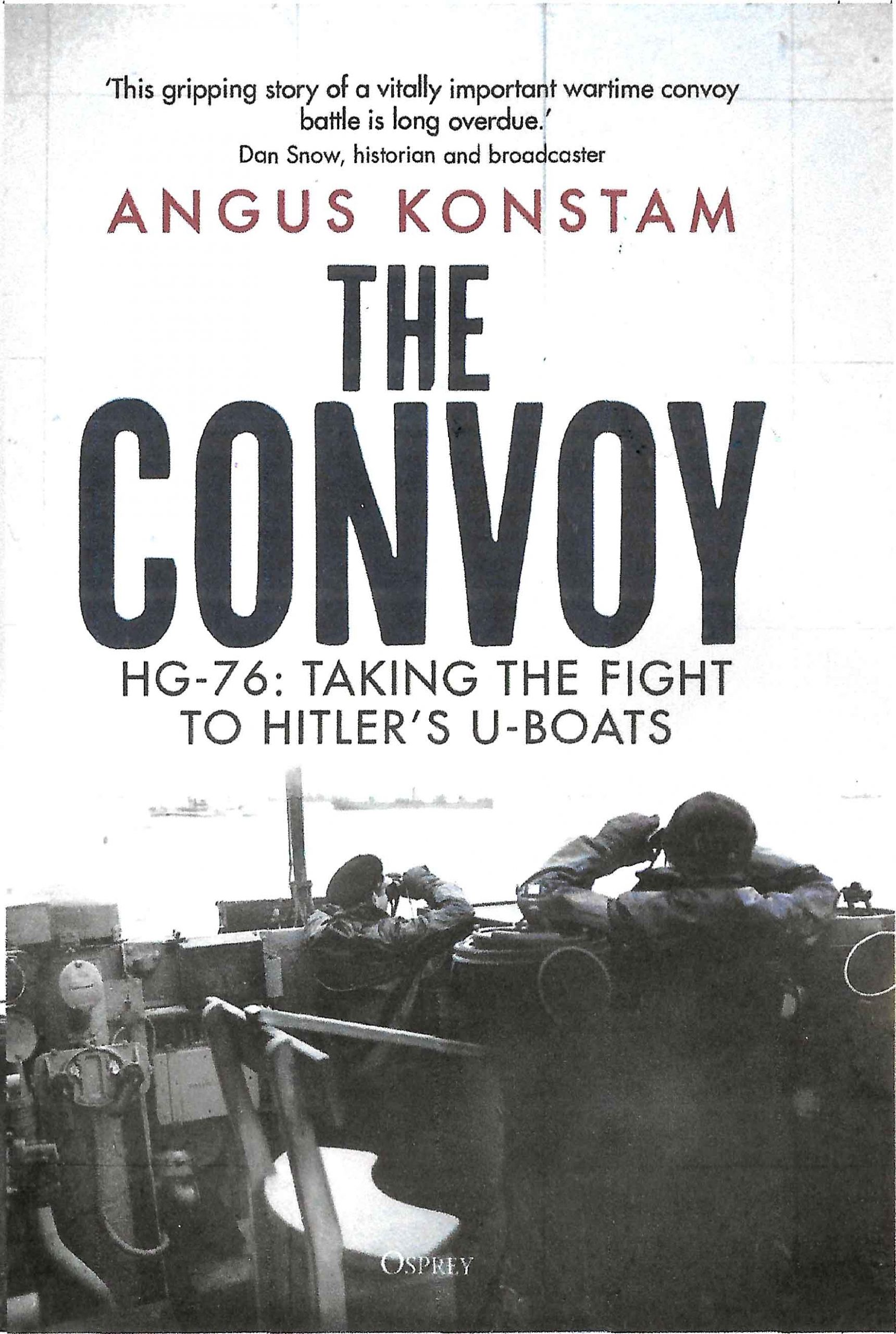
Neuhausen, East Prussia, 1757
26th February 2014, 0 Comments
The Seven Years War, Black Powder, 28mm
Back up in Orkney I wanted to give my Seven Years War Russian army an airing – something it hadn’t really done since the Pivo debacle of September 2012. The excuse was that I’d a big Seven Years War weekend lined up in Fife, but thanks to pressing book deadlines I had to pull out. This little game had to given me my SYW fix. It was also a chance to remind myself just what survived of my Russian army, and what Prussians I’d acquired by way of reparations. It turns out I still have eight battalions of Russians (two of them grenadier ones), and two regiments of cuirassiers, plus almost all of my guns. What I was missing were another two brigades of foot, three regiments of horse, and several command bases, including my main general. The Prussians consisted of seven battalions, two of which were Friekorps, and one Guard (the 15th Regiment). They also had two small regiments of horse – one of cuirassiers, the other a mixture of cuirassiers and dragoons. The Prussians lacked guns and staff, so my French artillery and command figures were pressed into service to fill the gaps.This little game was played out between Alan Bruce commanding the Russians, while Jo took charge of the Prussians.
What I was missing were another two brigades of foot, three regiments of horse, and several command bases, including my main general. The Prussians consisted of seven battalions, two of which were Friekorps, and one Guard (the 15th Regiment). They also had two small regiments of horse – one of cuirassiers, the other a mixture of cuirassiers and dragoons. The Prussians lacked guns and staff, so my French artillery and command figures were pressed into service to fill the gaps.This little game was played out between Alan Bruce commanding the Russians, while Jo took charge of the Prussians. I acted as general rules lawyer cum referee. This was a fairly evenly matched battle – the Russians had an extra battalion of infantry, but the Prussians had the guard, and for the game we generously rated the Freikorps as “Garrison Troops”, which made them almost as effective as everyone else. The two armies were evenly matched in cavalry and guns. This being a straightforward scrap we lined the forces up facing each other, in proper mid 18th century style. Victory would go to the player who pulled off a Fredrickian masterstroke – or rolled the best dice.
I acted as general rules lawyer cum referee. This was a fairly evenly matched battle – the Russians had an extra battalion of infantry, but the Prussians had the guard, and for the game we generously rated the Freikorps as “Garrison Troops”, which made them almost as effective as everyone else. The two armies were evenly matched in cavalry and guns. This being a straightforward scrap we lined the forces up facing each other, in proper mid 18th century style. Victory would go to the player who pulled off a Fredrickian masterstroke – or rolled the best dice. Both sides were wary about advancing into contact – we had turned the published sequence of play around, so shooting came before movement. That meant whioever walked into range first would suffer a volley before they could reply. This hesitancy lasted for three turns, but it only applied to the infantry. Both commanders launched their cavalry forward from the start, hoping to secure an advantage on one or both flanks. As we were short of cavalry both sides had a single regiment on either flank – with an brigadier attached. On the Russian right the clash took place just past the outskirts of Neuhausen, and the Prussians emerged victorious. After a hard-fought fight the Prussians emerged victorious. Over on the Russian left the reverse happened – it was the Prussians who did badly, and whose horsemen fled the field. That gave both sides control of a flank. What would happen now – could they turn that to their advantage?
Both sides were wary about advancing into contact – we had turned the published sequence of play around, so shooting came before movement. That meant whioever walked into range first would suffer a volley before they could reply. This hesitancy lasted for three turns, but it only applied to the infantry. Both commanders launched their cavalry forward from the start, hoping to secure an advantage on one or both flanks. As we were short of cavalry both sides had a single regiment on either flank – with an brigadier attached. On the Russian right the clash took place just past the outskirts of Neuhausen, and the Prussians emerged victorious. After a hard-fought fight the Prussians emerged victorious. Over on the Russian left the reverse happened – it was the Prussians who did badly, and whose horsemen fled the field. That gave both sides control of a flank. What would happen now – could they turn that to their advantage? The Russian horse was actually badly knocked about – it was “shaken”, and it retired for a couple of turns to rally, and lose some of its “hit points”. Meanwhile the Prussians moved behind the Russian line, and tried to work their way behind the enemy. The Russians turned one of their guns around to protect their flank, but by then they’d already launched their infantry forward, and the infantry fight was in full swing. Strangely both sides advanced towards each other, and on their left the Russians got the first shot in, while the Russian right it was the Prussians who fired first. In fact in the great scheme of things this doesn’t confer a huge advantage. Its unlikely a unit will be damaged enough to weaken its own chance of firing back at full effect. In this case the Prussian guards – right in the middle of their line – caused absolutely no hits on the Russians, while in turn they became shaken and demoralised thanks to some superb Russian musketry. The following turn they suffered more hits, forcing a morale test. Inevitably Joe rolled a “double one”…
The Russian horse was actually badly knocked about – it was “shaken”, and it retired for a couple of turns to rally, and lose some of its “hit points”. Meanwhile the Prussians moved behind the Russian line, and tried to work their way behind the enemy. The Russians turned one of their guns around to protect their flank, but by then they’d already launched their infantry forward, and the infantry fight was in full swing. Strangely both sides advanced towards each other, and on their left the Russians got the first shot in, while the Russian right it was the Prussians who fired first. In fact in the great scheme of things this doesn’t confer a huge advantage. Its unlikely a unit will be damaged enough to weaken its own chance of firing back at full effect. In this case the Prussian guards – right in the middle of their line – caused absolutely no hits on the Russians, while in turn they became shaken and demoralised thanks to some superb Russian musketry. The following turn they suffered more hits, forcing a morale test. Inevitably Joe rolled a “double one”… The musket duel continued to ripple up and down the line. Both sides also had guns in support, and in the case of the Prussians these were grouped together in the middle of the battlefield. For some reason the Russians saw this as a magnet, and launched a charge against them. A unit charging a pair of guns faces the closing fire from each of them, and the Russian unit was lucky to be merely forced halt. It should have been eviscerated. The next turn the guns fired again, and the Russians broke and ran, as did the unit behind them which was marching forward in support. That left a huge hole in the Russian centre. Meanwhile the two remaining cuirassier regiments charged each other behind the Russian infantry line, and the Prussians came out on top. The Russians fled, leaving the Prussians with the sole remaining cavalry unit on the table.
The musket duel continued to ripple up and down the line. Both sides also had guns in support, and in the case of the Prussians these were grouped together in the middle of the battlefield. For some reason the Russians saw this as a magnet, and launched a charge against them. A unit charging a pair of guns faces the closing fire from each of them, and the Russian unit was lucky to be merely forced halt. It should have been eviscerated. The next turn the guns fired again, and the Russians broke and ran, as did the unit behind them which was marching forward in support. That left a huge hole in the Russian centre. Meanwhile the two remaining cuirassier regiments charged each other behind the Russian infantry line, and the Prussians came out on top. The Russians fled, leaving the Prussians with the sole remaining cavalry unit on the table. At this stage it all looked so bad for the Russians that we decided to end the game. They could still have turned things around, but this – after all – was the Age of Reason, where warfare should have a civilised air to it. The game was duly declared a Prussian victory. While neither Joe or Alan are great fans of Black Powder – they dislike the multiple moves more than anything else – they both enjoyed their game, and the chance to try out a period thay hadn’t seen much of before. For my part it inspired me to start filling those gaps in the two armies, and to start rebuilding them again.
At this stage it all looked so bad for the Russians that we decided to end the game. They could still have turned things around, but this – after all – was the Age of Reason, where warfare should have a civilised air to it. The game was duly declared a Prussian victory. While neither Joe or Alan are great fans of Black Powder – they dislike the multiple moves more than anything else – they both enjoyed their game, and the chance to try out a period thay hadn’t seen much of before. For my part it inspired me to start filling those gaps in the two armies, and to start rebuilding them again.

